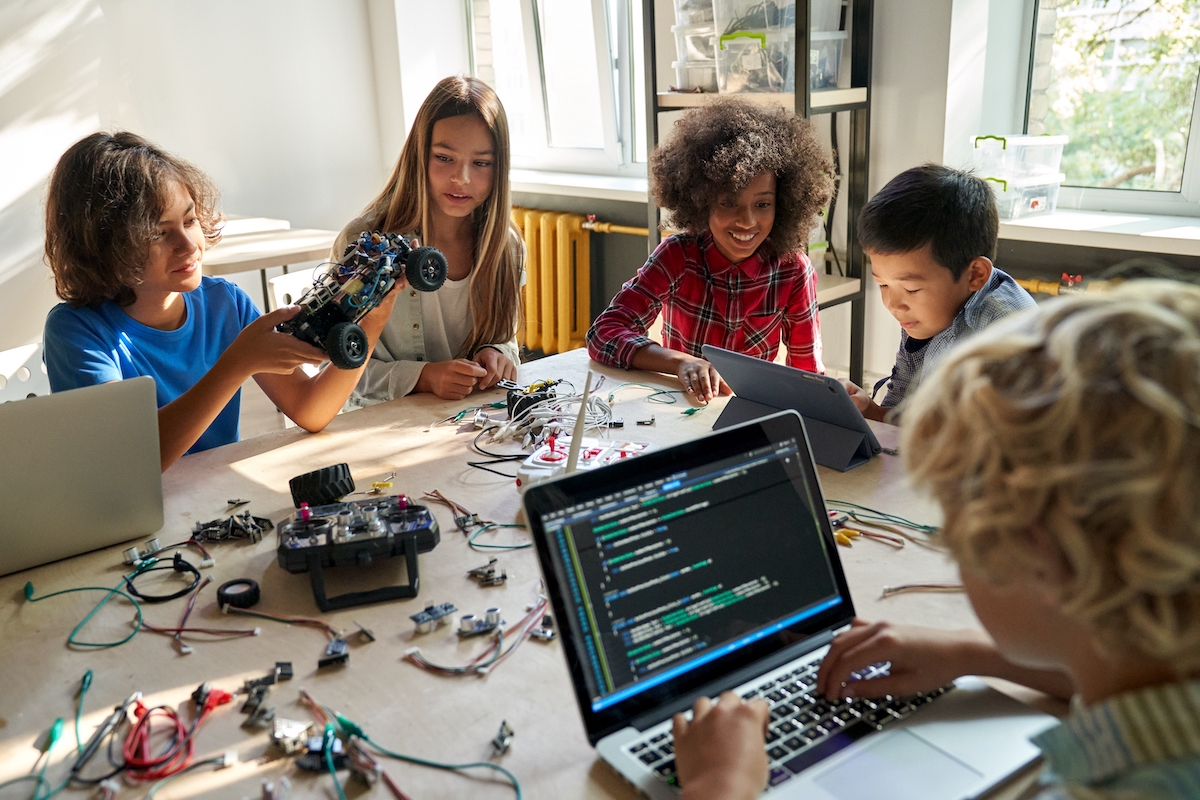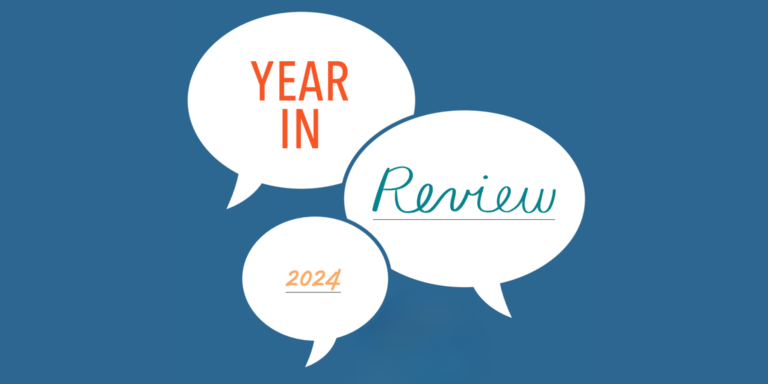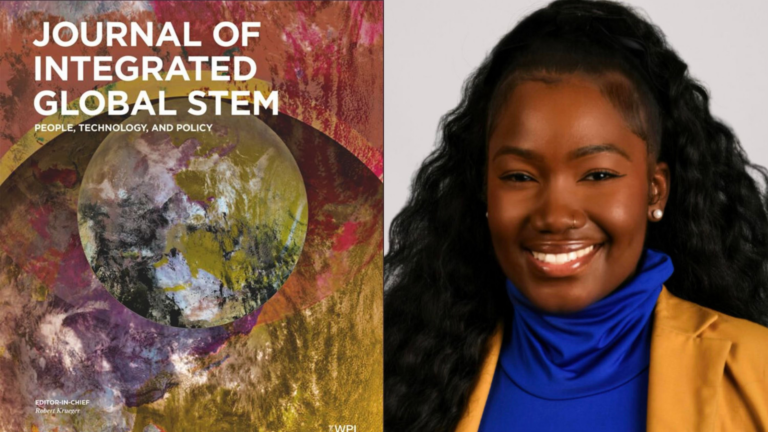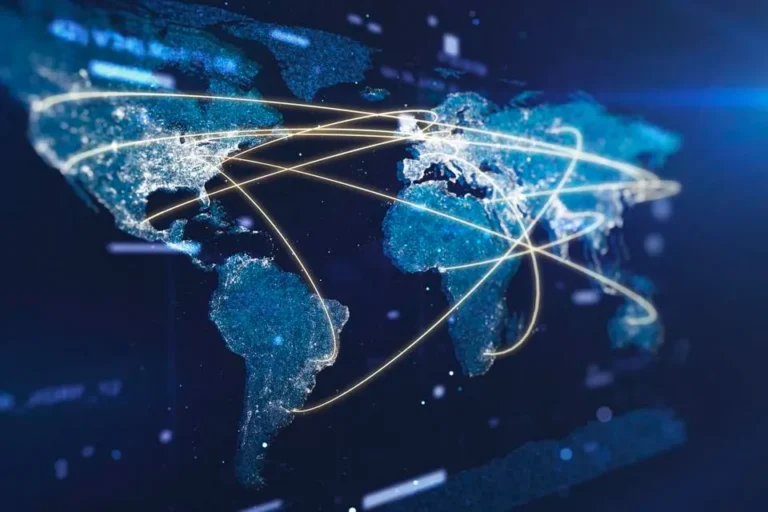
As our world is increasingly led by technology, mastery of computer science has become one key way to succeed in the innovation economy. In response to the growing relevance of coding and computer programming to lucrative industries, we’ve seen a proliferation of learn-to-code initiatives and boot camps that prepare students for careers as programmers and computer scientists.
While there will be great job opportunities for students who decide to pursue coding careers, at Siegel Family Endowment we believe that the power of computer science education is larger and more fundamental than securing employment. We also support the idea of children learning to code because we see computer science as a central element of an education that is well-rounded and adequately prepares students to thrive in any job in today’s tech-dominated world.
Take writing, for example. Most children won’t grow up to be professional writers, but all children should learn to write. People use writing in all parts of their lives: to send birthday messages to friends, to jot down shopping lists, to record personal feelings in diaries. And as people learn to write, they learn to organize, refine, and reflect on their ideas.
The same is true for coding. Most children will not grow up to become professional programmers. But we feel it’s important for all children to learn to code for the same reasons they learn to write. As with writing, learning to code enables children to develop their thinking, their creative voice, and their identity.
Through learning basic programming, students learn mathematical and computational concepts, such as variables and conditionals. More importantly, they learn computational thinking – strategies for solving problems and designing projects; for example, how to break complex problems into simpler parts, how to identify problems and “debug” them, and how to iteratively refine and improve designs over time. Computational thinking is useful in all types of problem-solving and design activities, not just computer programming – and useful for all students, regardless of what careers they pursue in their lives
As with learning to write, learning to code also provides children with a new means of expressing themselves. “The last two years have shown that digital literacy and CS education are absolutely vital in young people’s lives—they provide young people with opportunities to create and connect across countries and continents, give them an outlet to raise their voices about issues they care about, and can level the playing field for those who have been systematically excluded from creative coding and career opportunities,” says Shawna Young, Executive Director of Scratch.
Unfortunately, most learn-to-code initiatives teach only the basic rules and concepts of coding, without giving children the opportunity to create personally meaningful projects. That’s like a writing class that teaches only grammar and punctuation, without giving students the chance to write their own stories.
One more important benefit to literacy: As children learn to write, they begin to see themselves differently — and they see their role in society differently. The Brazilian educator Paulo Freire led literacy campaigns in poor communities not simply to help people get jobs, but to help people learn that “they can make and remake themselves.”
We see the same potential for coding. When children learn to program their own creative projects, they begin to see themselves in new ways. Students begin to see themselves as creators, able to make their own interactive stories, games, and simulations, not just interact with programs created by others. In today’s society, digital technologies are a symbol of possibility and progress. As children learn to code, they begin to see the possibility of contributing actively to society. They begin to see themselves as part of the future.
We need to shift our collective perception of coding to think of it as more than a technical skill. Siegel Family Endowment supports organizations like the ones below to help create tools, resources, and access to computer science education that will lay the foundation for coding as an extended form of literacy — a new way for children to express themselves and understand the world around them.
This post was inspired by an op-ed written by our Chairman David Siegel and Scratch founder Mitch Resnik in 2018.





